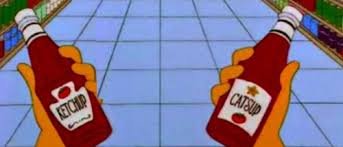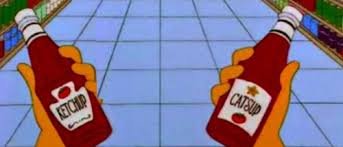Underseer
Contributor
Every so often, I will deliberately eat something that I don't like just to check and see if I still don't like it.
The biggest shock of my life in this regard was liking blue cheese. Throughout childhood and early adulthood, I hated blue cheese with a burning passion. Then I ate hot wings at a place that didn't have ranch dressing, and found out that I liked it. Now I'm obsessed with blue cheese, especially any combination of blue cheese and beef, or blue cheese and salad.
Anyway, this afternoon I discovered that I now like cottage cheese. By itself as a side. Is that a sign of aging? Am I ready for a rocking chair and a bottle of Geritol?
Anyway, what changes in food tastes have happened to you over the years you've been on this planet?
The biggest shock of my life in this regard was liking blue cheese. Throughout childhood and early adulthood, I hated blue cheese with a burning passion. Then I ate hot wings at a place that didn't have ranch dressing, and found out that I liked it. Now I'm obsessed with blue cheese, especially any combination of blue cheese and beef, or blue cheese and salad.
Anyway, this afternoon I discovered that I now like cottage cheese. By itself as a side. Is that a sign of aging? Am I ready for a rocking chair and a bottle of Geritol?
Anyway, what changes in food tastes have happened to you over the years you've been on this planet?


